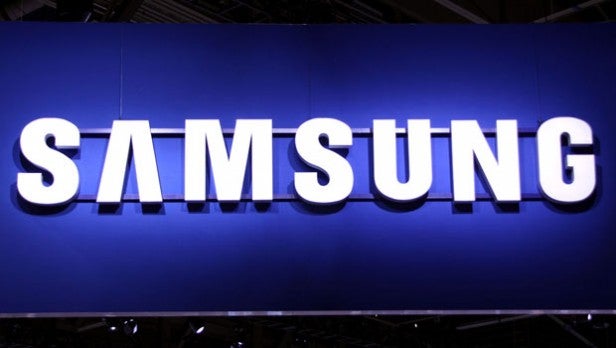Samsung and Hisense form new ‘QLED Alliance’ to take on OLED TVs

Samsung impressed at CES 2017 with a lineup of ne QLED TVs which make use of the company’s proprietary Quantum Dot-based technology.
QLED, a variation on the quantum-dot TV technology on Samsung’s 2016 SUHD range, has remained a Samsung-only technology since it arrived, but that looks like it’s about to change.
The South Korean company has teamed up with HiSense and TCL to form a new ‘QLED Alliance’, aimed at bringing the QLED trademark to other TVs and taking the fight to OLED sets.
Related: What is QLED?
The new alliance was announced in Beijing, China, followed by a talk from quantum dot research group Nanosys, as FlatPanelsHD reports.
The site quotes Liu Junguang, Samsung’s VP of Visual Display Business, as saying: “2017 is going to be the year when the global TV manufacturers work together to promote the QLED TV market.”
All three companies involved in the alliance showed off LCD TVs that make use of the QLED label at the event in China.

The TVs exhibited at the event seem to make use of the QLED element as a filter for the LCD panels, which some critics don’t view as ‘true QLED’.
There are currently two forms of the technology: advanced LCD and converted OLED, with the latter years away from arriving in a consumer product. But Samsung claims its current LCD sets with QLED tech can compete with OLED panels.
QLED, in theory, combines the best of quantum dot and OLED technology, providing the clarity and deep blacks of OLED, with the superior brightness and colour gamut of quantum dots.
LG, the biggest producer of OLED panels, has been teaming up with other companies of late to promote the technology, and Samsung looks to be retaliating with this latest move.
Let us know what you make of Samsung, Hisense, and TCL’s new alliance in the comments.

